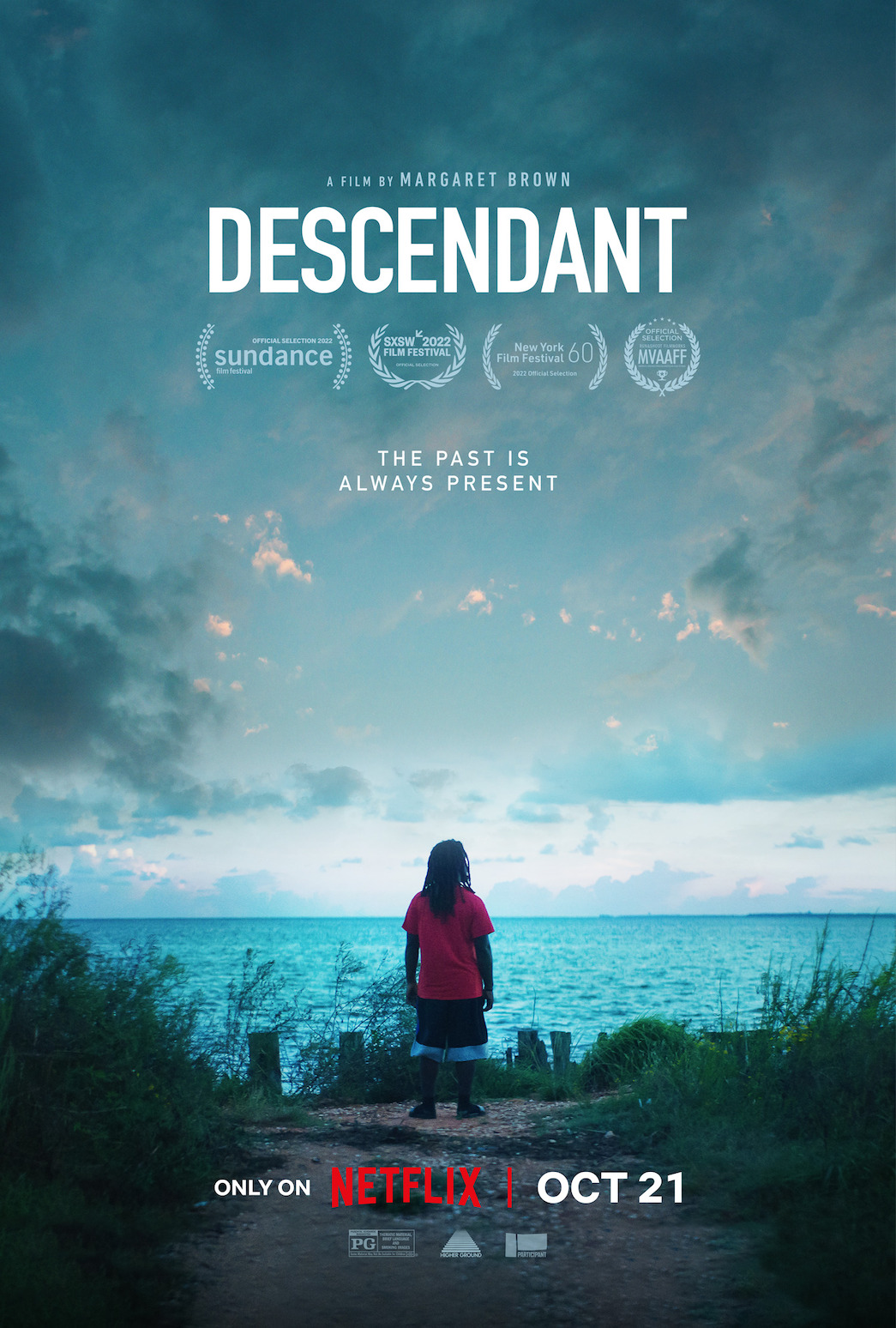
Change of style for this week’s heated commentary on the Appeal Chamber judgement in the Ongwen case at the International Criminal Court. A ‘panoply’ (Janet’s beloved word) of lawyers, activists, on-the-ground observers, and amici of the court, the groups advising the court on specific issues, came together to collectively assess the meaning of the judgement.
On December 15, the Appeal Chamber rejected all the counts of the Defence and confirmed the 2021 sentence that found Dominic Ongwen guilty of 61 crimes against humanity and war crimes committed as senior Lord’s Resistance Army (LRA) commander in Northern Uganda between 2002 and 2005. We previously covered the verdict and explored how victim communities were reacting. This is the first case of a child soldier being tried at the ICC and the first time the court looked at the crime of forced marriage as other inhuman acts of crimes against humanity.
So lot to discuss at this turning point for international justice. Joining us in order of appearance:
Alix Vuillemin, Advocacy Director at Women’s Initiatives for Gender Justice
Louise Arimatsu, Distinguished Policy Fellow in the Centre for Women, Peace and Security at the London School of Economics
Valerie Oosterveld, Professor of Law at the Western University
Jocelyn Getgen Kestenbaum, Associate Professor of Clinical Law at the Benjamin N. Cardozo School of Law
Alexandra Lily Kather, co-founder Emergent Justice Collective
James Onono Ojok , Poet, and working in Public Relations at Gulu University
Lorraine Smith-van Lin, Director of SmithvanLin Consultancy and Founder of Tallawah Justice for Women.
In acknowledging how far the court has gone on gender crimes, our guests discuss the gaps that we still have to face. The issue of sexual slavery and enslavement and how to address the crimes committed against ‘ting ting’ girls (the term used in the LRA for pre-pubescent girls who did house chores and babysat for commanders) and children born of war. We also discuss how intersectionality and post-colonialism played out in these crimes.
And joining us from Gulu, James Onono Ojok shares his view on the importance of this verdict for the victims but also for those survivors left out. Together with Lorraine Smith-van Lin, he also addresses the next big step in the case and one that is crucial for victims – reparations.
In leaving you to the Christmas holidays we asked our guests for their reading and watching recommendations, and they did not disappoint.
- Read the poetry collection Justice in the Hague by James Onono Ojok. To learn more about how Ugandans have been affected by armed conflicts beyond the LRA one, James also suggests the Justice and Reconciliation Project publications; the thesis Children Born of War by Ingvill C. Mochmann; and the book Compendium of Conflicts in Uganda by the Refugee Law Project of the Makerere University
- Jocelyn suggests Uganda feminist Sylvia Tamale’s book Decolonization and Afro-Feminism
- Lily stays on the same track recommending a piece written by Angela Mudukuti and herself on how coloniality shows us in international law and the case of Ongwen, quoting the precious thoughts of Sylvia Tamale. Lily also has a Netflix documentary for those who want to dive deep into how the slave trade shows its legacy in the present day – it is called Descendant
- Valerie focuses on forced marriage with the article ‘We vowed by force, not by our heart’: men’s and women’s perspectives on forced marriage during the Cambodian genocide by Myriam Denov and others.
- And Louse suggests the documentary they put together at Women Peace and Security, The Legacy of the Tokyo Women’s Tribunal



